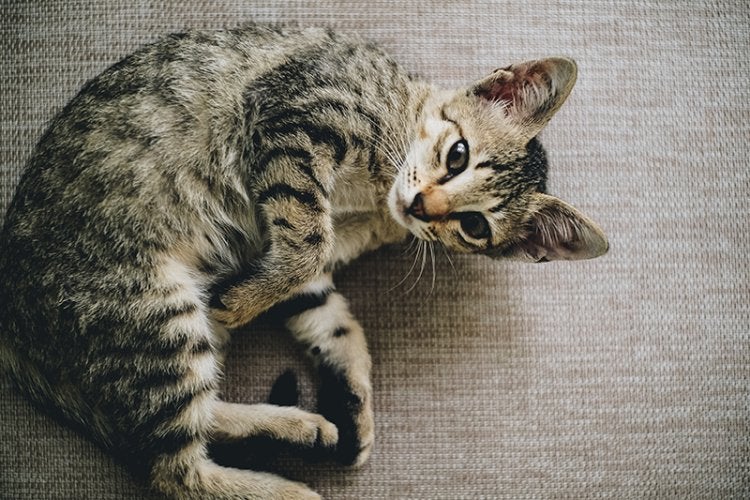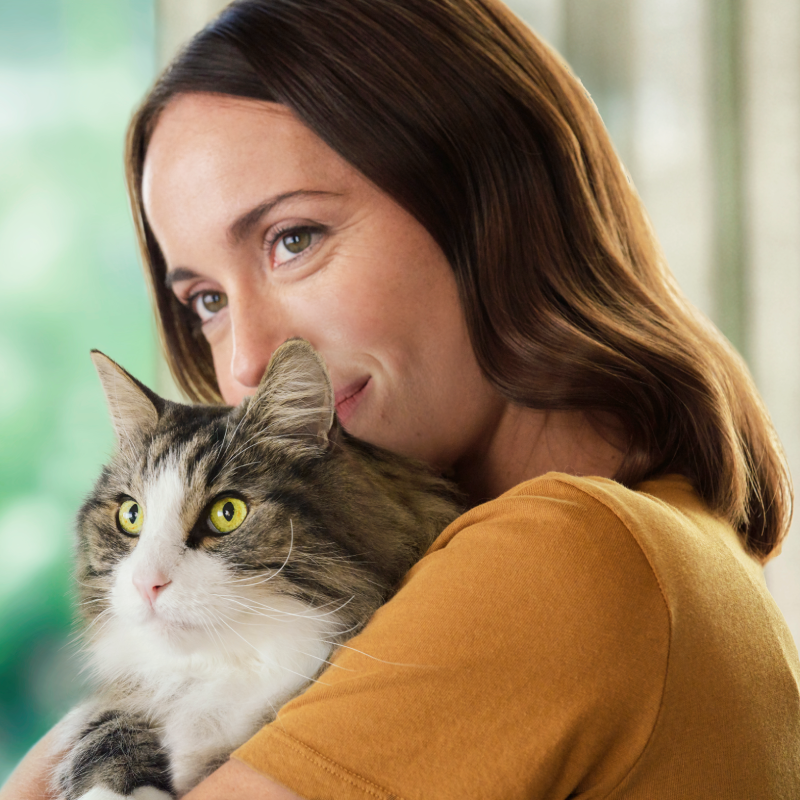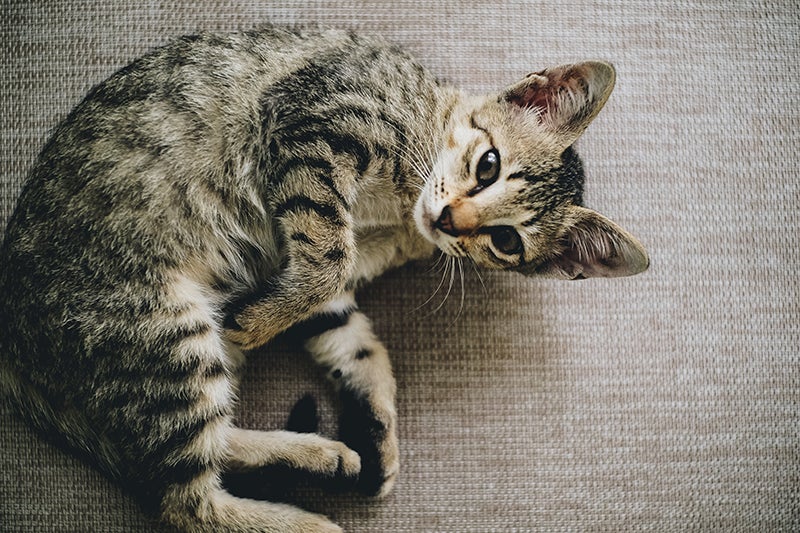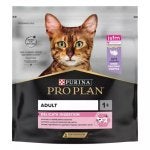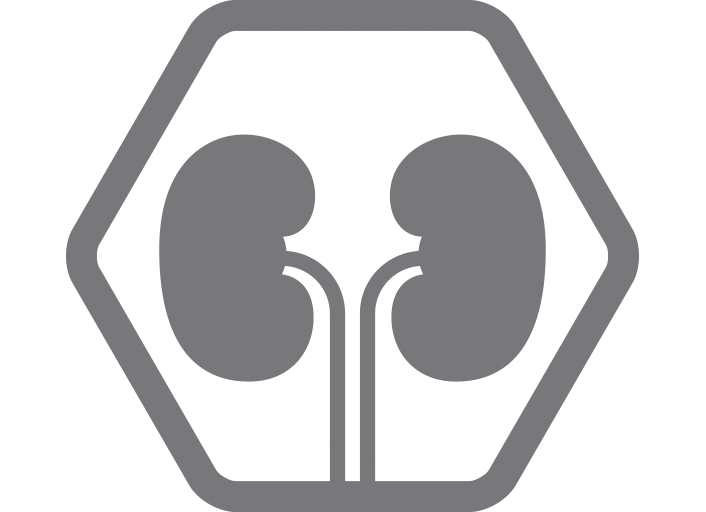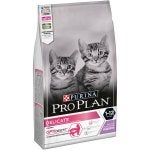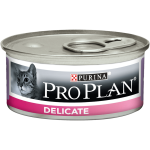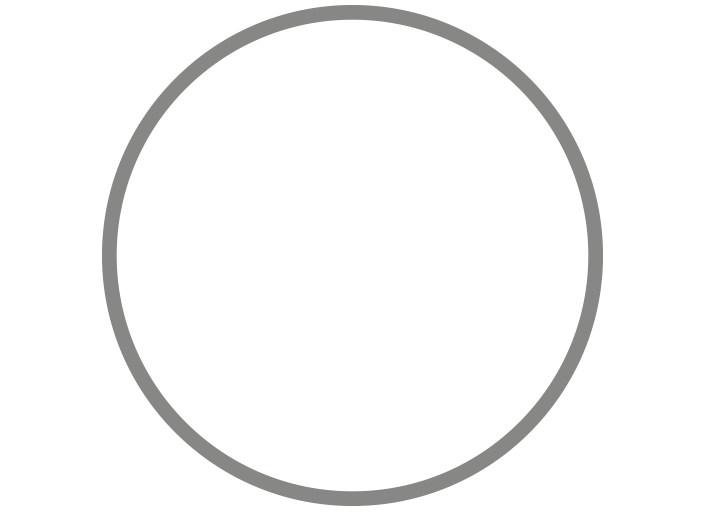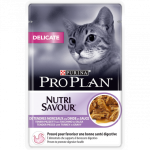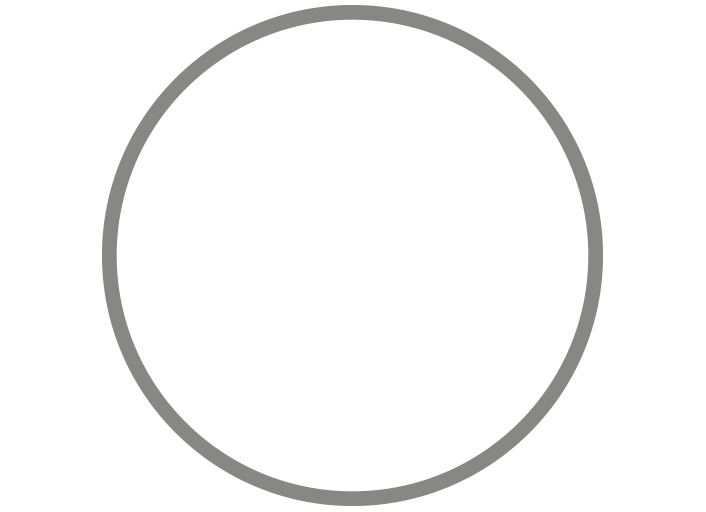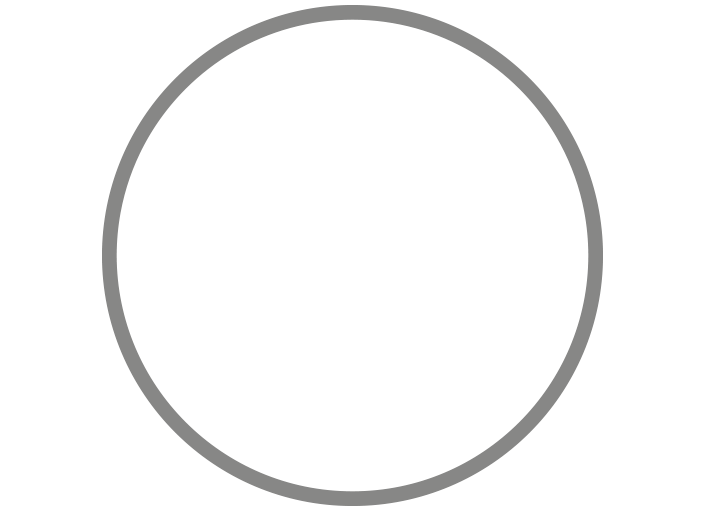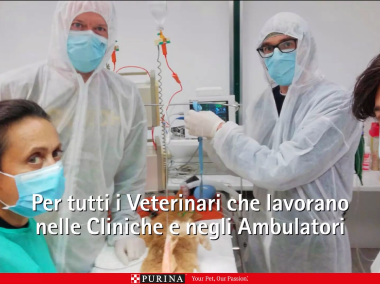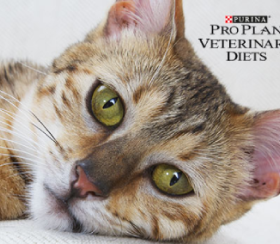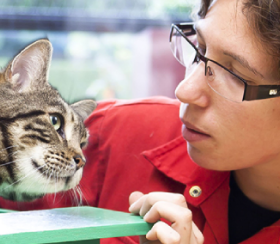A study that dates to 2011, a time when no published studies supported either a low-fat or high-fat dietetic content for cats with chronic diarrhea, was able to evaluate these diet’s effect on 55 cats though a 6-week period. Through a controlled, double-blinded methodology, the cats were randomly assigned either a low-fat or a high-fat containing diet and evaluated at baseline by the veterinarian, then for the entire 6 weeks, the owners recorded daily fecal scores at home. For the most accurate results possible they were provided with an illustrated chart that contained a scale from 0 (very water) to 100 (firm and dry), so they could accurately evaluate the stool.
When a clinical improvement occurred, it was generally noted within the first week of dietary change and maximized within 3 weeks (the recommendations and conclusions of the study highlights that those cats who do not have a clinical improvement within the 3 weeks need further evaluation). Although the study could not determine any differences in patient’s response between both diets, 78.2% of patients showed a significant improvement (established as at least 25 points in the 100-point scale, or a final score of at least 66), showing dietary management of chronic diarrhea in cats can be beneficial.
 purina: insieme è meglio
purina: insieme è meglio


